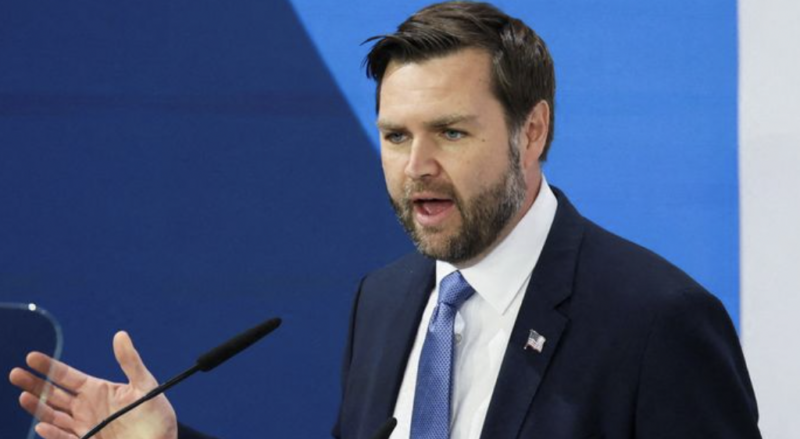U.S. Vice President JD Vance recently expressed surprise at the idea of President Donald Trump deploying nuclear weapons in Central and Eastern Europe. While he made it clear he hadn’t spoken with Trump directly about the matter, he personally doubted the President would support moving nuclear arms further east.
Speaking on Fox News on March 13, Vance responded to remarks from Polish President Andrzej Duda, who had urged the U.S. to station nuclear weapons in Poland as a deterrent against Russian aggression. Duda argued that since NATO’s borders expanded eastward in 1999, its nuclear infrastructure should follow suit.
Currently, the U.S. houses nuclear weapons across several NATO nations, including Germany, Belgium, Italy, the Netherlands, and Turkey. Meanwhile, Poland hosts about 10,000 U.S. troops on a rotational basis. During a recent visit, U.S. Defense Secretary Pete Hegseth affirmed there were no plans to reduce this presence anytime soon.
Duda has long supported expanding NATO’s Nuclear Sharing initiative, a proposal he previously pitched to the Biden administration in 2022 without success. His aide, Wojciech Kolarski, reinforced the argument, stating that nuclear deterrence would enhance Poland’s security, especially given its proximity to Ukraine, Belarus, and Russia’s Kaliningrad territory.
However, Polish Prime Minister Donald Tusk—who opposes Duda politically—took a more cautious stance. He suggested that sensitive military negotiations should be handled discreetly rather than through media announcements. Still, he acknowledged that Duda likely had good intentions.
“When we voice certain expectations publicly, we should do so only when we’re confident that our requests will be well-received. In this case, that means ensuring the U.S. administration, President Trump, is open to the idea,” Tusk explained.
On March 7, Tusk confirmed Poland was also in discussions with France, the European Union’s only nuclear power, about President Emmanuel Macron’s proposal to extend France’s nuclear deterrence to Europe. Unsurprisingly, Russia dismissed the idea as “extremely confrontational.”
Poland has ramped up its defense spending significantly, allocating a greater percentage of its GDP to military expenditures than any other NATO member—including the U.S. In 2024, Poland’s defense budget hit 4.1% of GDP, with plans to raise it to 4.7% in the coming year.
Former Polish Ambassador to the U.S., Marek Magierowski, weighed in on the debate on March 14, explaining that Poland ideally wanted nuclear security from both the U.S. and the EU. However, he noted that Poland’s internal political divide shaped its approach—Duda and the conservative PiS party view European strategic autonomy as unrealistic, whereas Tusk and his allies favor stronger EU ties, sometimes at the expense of Poland’s U.S. relations.
According to Magierowski, PiS accuses Tusk of aligning with Germany and France to push the U.S. out of Europe, while Tusk’s supporters claim the right-wing government is too submissive to Trump. Duda and PiS, he said, frame the debate in stark terms: “Even if you dislike Trump’s policies and his skepticism toward the EU, abandoning the U.S. now would be reckless and self-destructive.”




